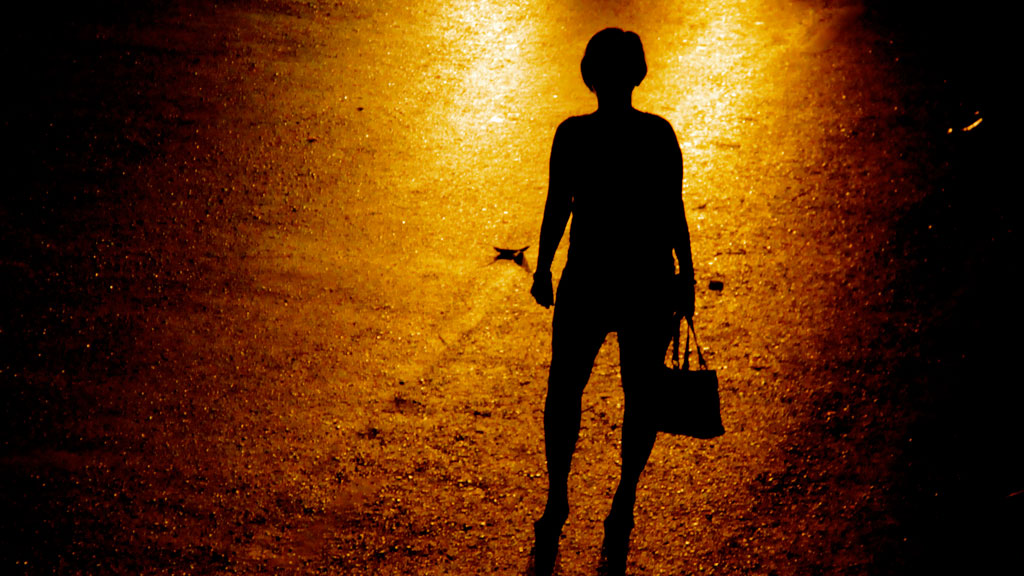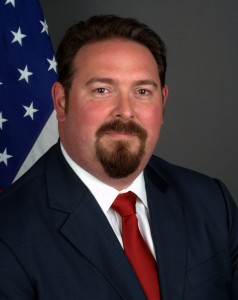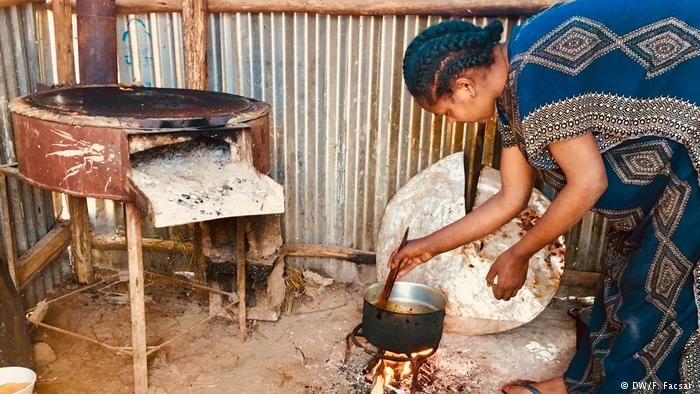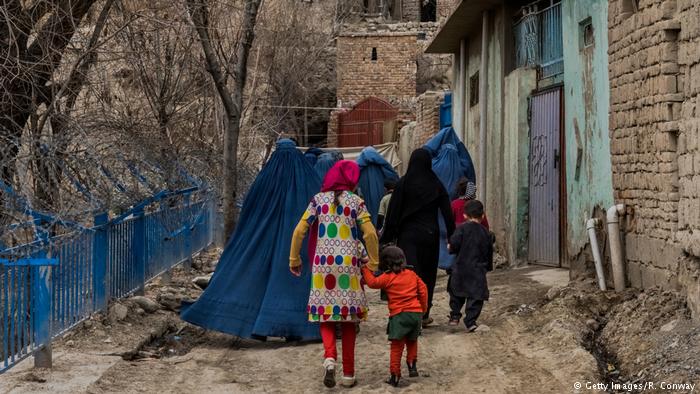Why fighting human trafficking is not easy
“Often trafficking victims don’t even know that there is a label to describe what happened to them,” says Luis CdeBaca Ambassador-at-Large to Monitor and Combat Trafficking in Persons from the US State Department.
He talks to Women Talk Online about the vulnerabilities of the trafficked victims and the urgent need for proactive law enforcement to combat the problem of human trafficking.
Women Talk Online: Do you have an estimate of how many people are trafficked from South Asia to the United States?
We don’t have a particular sort of number on trafficking into United States because of the hidden nature of the crime. It’s hard to estimate. We have however been able to assess who they are and where they come from. The bulk of the victims trafficked into the US, that we identified last year came from Mexico, Philippines, Thailand and Honduras.
Can you explain how trafficking happens?
Trafficking takes in several forms. We consider trafficking in persons to be all of the activities in reducing someone to or holding them in a condition of compelled service. It may be that they chose to do a particular job for a particular person. Even if it was a dirty or a dangerous job or an illegal activity like prostitution, but then if they want to leave and they can’t because of violence, forced coercion or threat: at that point they are considered a trafficking victim. The notion of movement is not part of that definition.
Although, we recognize that there are particular vulnerabilities of people who have migrated. But the vulnerabilities in the US aren’t simply a result of migration. They can also be a result of social exclusion. The way that it tends to manifest then involves sex industry and enforced labour. The employer ends up taking advantage of those vulnerabilities, whether it’s the vulnerability of a migrant, who is afraid that they will be out of immigration status and deportable if they run away.
Can you elaborate on the kind of people that are trafficked into the US?
One of the most important things to realize is that most of the trafficking victims in the US from other countries are not kidnapped and brought to US. They are people who have willingly immigrated to US and typically, they don’t know that they are trafficking victims until they are enslaved. They themselves think that they are simply economic migrants.
The most vulnerable people in India, for instance, are going to be enslaved by people in India: in sectors like rice milling factories, in stone quarries, in brothels. Those people are never going to be taken to other countries. The most vulnerable children are going to end up in prostitution or in street begging. An Indian who ends up being trafficked and enslaved in another country is typically going to be an Indian who has shown a lot of motivation. They are not personally as vulnerable. In fact, they are often the strong-willed. The person is willing to take up a chance to go to another country in search of a better life.
You know, these are the things in American culture, we actually celebrate, that’s how America populated itself, you know, their willingness, for instance to try for something better. What the traffickers do is that they harness that. For instance you are a Nepali or Indian, you want to have something better; you don’t want to be in that bondage to the owner who owns your family for three generations because of some debt your grandfather brought out back in the 1920s.
You will probably end up having to pay a legal recruiter a year or two’s wages to be able to get a job in the Gulf as a construction worker. And you are willing to deal with that, even when you are basically mortgaging yourself for two or three years that you will be there, by having to have pay the labour recruiter and then when you get to the Gulf your passport is going to be taken away or you could be confined to barracks or you will be working in 44 degrees heat and the chances of dying or the chances of being mistreated by them are very high.
What are the major barriers to fighting trafficking?
There are two major barriers. One is the interplay between trafficking and smuggling. Countries are not providing the trafficking victims with the services that they need or they may not be even identifying trafficking victims because they see things through that immigration lens. And so, they end up wanting to continue to punish the trafficking victim for being involved in illegal migration as opposed to identifying them as trafficking victim and wiping the slate clean for them.
The other thing is the idea of legacy systems, whether it’s the labour inspection system, whether it’s the immigration system, whether it’s the prostitution laws. All of which apply in this area and if people have not been trained in the new approach, that comes out of the UN protocol from year 2000, then they just default to what they think, So, I think, that notion of people operating under the old assumptions make their eyes closed to the notion of human trafficking.
What are the concrete measures that you believe need to be done to tackle the problem?
One of the most important things is that countries should stop waiting to have victims run forward and identifying themselves as victims but should instead use proactive law enforcement to go out and do cases even if there is not a denunciation by the victim. We don’t expect a victim of a robbery to be able to describe, what happened to them in the legal requirements of a robbery.
And yet somehow we see countries around the world who unless that victim actually comes to them and says Hi, I am trafficking victim; they won’t open a trafficking case. Because often the trafficking victims themselves don’t even know that there is a label to describe what happened to them.
Interview: Roma Rajpal
Editor: Manasi Gopalakrishnan
Roma Rajpal Weiß is an Indian journalist and blogger based in Bonn. Twitter: @romarajpal.








